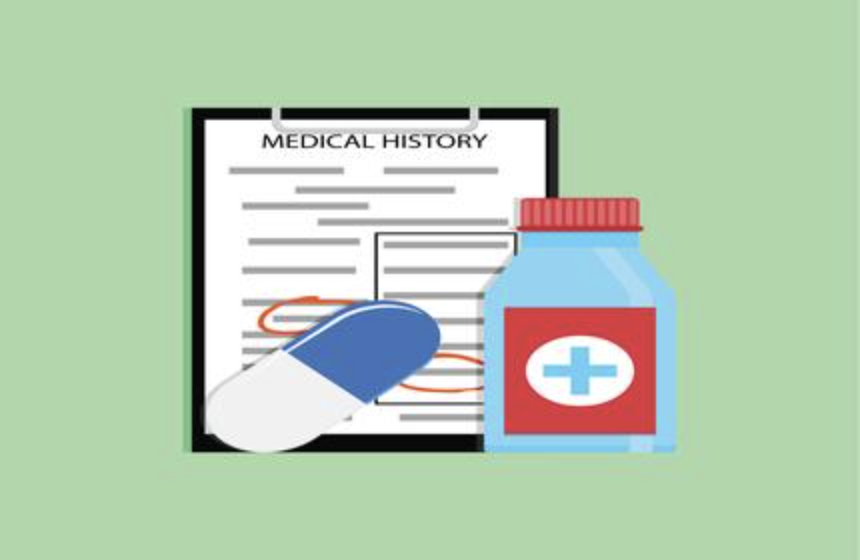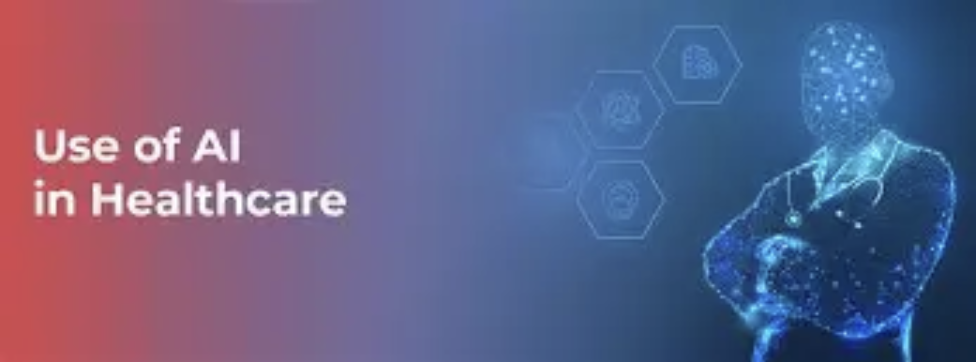AI Hospitals: Where’s the Doctor’s Role?
For affluent individuals who are looking for advanced healthcare services, the emergence of artificial intelligence in the medical field raises an intriguing question: Will hospitals of the future function without physicians? The reality is not about substitution but rather about transformation. AI-driven healthcare technologies are transforming diagnostic processes, treatment strategies, and patient support—but these innovations cannot replicate the essential human connection, clinical expertise, or emotional insight that characterize remarkable healthcare. Investigating the strengths and limitations of AI indicates a future in which technology and healthcare professionals work together instead of in opposition.

Tailored Treatment Approaches
AI generates customized treatment strategies by integrating patient medical histories, potential drug interactions, and international clinical trial data. In cases where a patient suffers from both diabetes and cardiovascular issues, AI can propose a medication plan that reduces adverse effects while maximizing therapeutic benefits—taking into account factors ranging from age to lifestyle choices. However, these algorithms do not possess the subtlety of human insight. A physician may alter the treatment if they discover the patient dislikes injections (changing from injectables to oral medications) or has family responsibilities that prevent frequent visits. While AI lays out a foundational plan, it is the physician who creates the actionable blueprint for life.

Continuous Virtual Assessment & Support
AI-enhanced virtual nursing services provide constant assistance, evaluating symptoms to ascertain whether a patient requires immediate medical attention or can wait for a scheduled consultation. Wearable technology integrated with AI observes the vital signs of patients after surgery, notifying healthcare teams of any irregularities before issues can become serious. When faced with a midnight fever, AI can pose relevant questions to eliminate the possibility of emergencies, thereby reducing unnecessary visits to the emergency room. However, in situations where a patient feels anxious or bewildered, AI cannot provide the comforting voice or clear explanations needed—these instances require a level of human compassion that technology cannot replicate.
AI speeds up the drug development process by modeling molecular interactions, significantly shortening the timeframes associated with conventional research. It also uncovers links among symptoms and genetic information to diagnose rare conditions that have puzzled healthcare professionals for years. For families grappling with undiscovered illnesses, AI can analyze countless medical studies to identify similar cases. Nevertheless, turning these findings into practical treatment requires medical professionals to evaluate, modify, and confirm—ensuring that new therapies are safe and effective for actual patients, rather than merely statistical data.
The Unsubstitutable Human Aspect
The practice of medicine is equally an art as it is a science, and AI cannot duplicate the confidence established between physician and patient. When conveying a challenging diagnosis, a doctor is aware of the importance of pausing, listening, and providing compassionate responses—not merely reciting information. In the midst of intricate surgical procedures, AI may offer high precision, yet it is the surgeon who makes instantaneous decisions grounded in years of expertise and instinct. For wealthy patients who seek individualized care, this human aspect is vital—it differentiates between mere treatment and true healing.
Establishing AI’s Role in Healthcare
The limits of AI in medicine are defined by the intersection of data and humanity. It serves as a means to augment physicians’ skills rather than replace them—accelerating diagnostics, minimizing mistakes, and broadening access to healthcare. Hospitals of the future will not be devoid of doctors; instead, they will be environments where AI takes care of repetitive, data-intensive tasks, allowing healthcare providers to concentrate on their core strengths: engaging with patients, making nuanced decisions, and delivering empathetic care. For those prioritizing their health, the outlook is promising—not due to AI taking over the roles of doctors, but because it enhances their capabilities.

(Writer:Cily)





